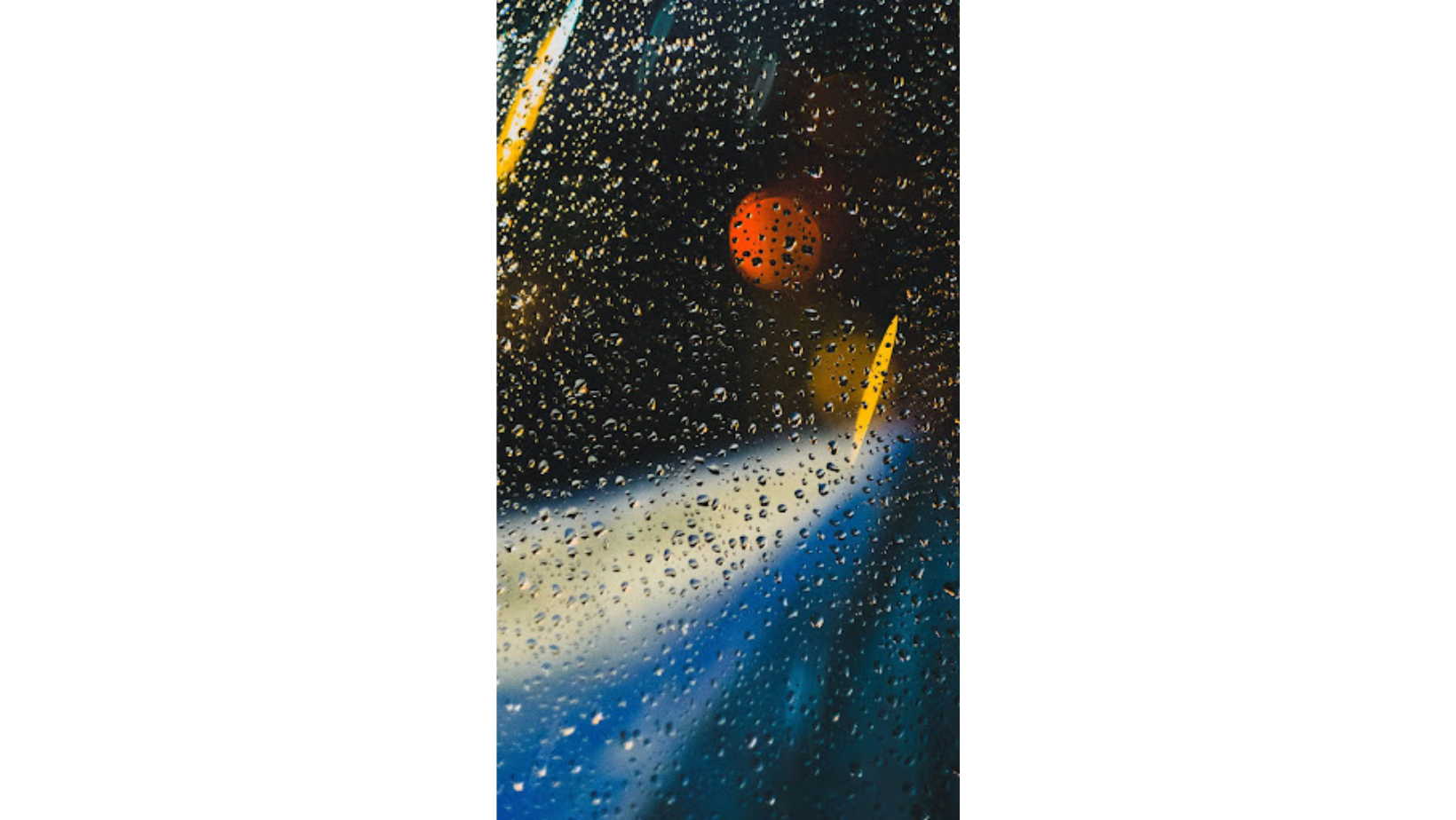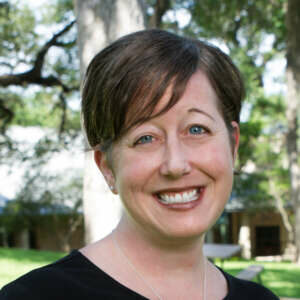By: Dr. Gena St. David
In a 1956 speech at a rally following the desegregation of Montgomery public buses, Dr. King proclaimed, “the creation of Beloved Community… can transform opponents into friends.” He went: “It is this love which will bring about miracles in the hearts of human beings.” In 2018, Southwest celebrated the launch of the Black Religious Scholars Group (BRSG) partnership, as part of our commitment to becoming builders of the Beloved Community. That year Dr. Melanie Jones joined our faculty, followed by Dr. Cheryl Kirk-Duggan, Dr. Yolanda Norton, Dr. Brandon Crowley, and last year Dr. Stephen Ray. Each BRSG visiting professor has helped to shape the conversations taking place on our campus, and I have particularly been grateful for the way in which they have taught us to ask better questions.
The nugget, “Ask the second question,” came from Dr. Kelly Brown Douglas this past Spring. She was graciously lunching with our faculty and discussing the racial justice work taking place at Southwest, the culmination of the BRSG five-year initiative, and offering advice on furthering our work toward embodying the Beloved Community. As we faculty contradictorily urged Dr. Brown Douglas to enjoy her salad while simultaneously peppering her with questions, she kindly reflected on her approach to navigating conversations about racial justice in the classroom. Between bites, she commented, “When a student responds to a question in a way I didn’t expect, instead of reacting, I taught myself to ask the second question.”
The Critical Incident
Dr. Brown Douglas’ words stayed with me and proved invaluable one rainy Monday night teaching in my Career and Lifestyle Development class. The sky was dark; the classroom lights were bright. Twenty-six students were present, most of them first-year counseling students. I stood behind the lectern facilitating a discussion about developmental career theorists; standard content for this domain includes a career theorist, Linda Gottfredson, whose other public scholarship promotes white nationalism (Southern Poverty Law Center, 2023). “What stayed with you about Gottfredson’s career theory?” That was my first question. Rather than answer it, students began one-by-one to let me know they were confused about why the standard counseling curriculum would include a theorist whose other scholarship is racially traumatizing and dramatically conflicts with the values of the counseling field and the seminary. Some expressed frustration, concern, and anger that I had failed to offer advance warning when assigning the material.
I stood at the podium, heat rushing to my cheeks. Because of the rich conversations we’ve engaged as a faculty, I had a word for the sensations of shame, guilt, and fear my body was producing: White fragility (DiAngelo & Sensoy, 2014; Ford, Green, & Gross, 2022; Spanierman, Grzanka, & Gonzalez, 2019). And because as a faculty we have practiced engaging crucial conversations like these, I knew what to do. I took a breath, stepped away from the podium, sat down on a long table in the front of the room, softened my facial expression, and asked the second question: “What would you like me to know about your experience?”
Embodiment
The class let me know how distressed they were about the requirement to learn the work of a theorist with racist and hateful views. They felt betrayed because I neglected to give advanced warning. They wished for more care and skill from me. As I listened to and validated their experience, the class responded with increased trust and freedom of expression. Over the next several weeks, we returned to this moment multiple times and wondered together how we might advocate. The class decided to draft a collective letter of advocacy to the National Board of Counselor Certification asking they remove Gottfredson’s work from the national counselor exam content.
End-of-course feedback indicated that the conversations we had around this racially-charged rupture, repair, and resolution to advocate were impactful for student learning. I am aware that the meaningful conversations we faculty have engaged over the past five years of the BRSG program at Southwest played a significant role in equipping me to embody anti-racist pedagogy in the classroom. In reflecting on the specific variables which made this outcome possible, I will offer the following observations. It is essential for White-bodied leaders to listen to the lived experience of those from historically marginalized communities and practice and bodily conditioning to tolerate the sensations of involuntary guilt, shame, and discomfort when confronted with racialized stress. The frequency and depth of Southwest faculty conversations about race, galvanized by our BRSG initiative, have served an important support function for me in my own racial identity development.
Our Aspiration
It is something of a small miracle for a private, predominantly White, Episcopal seminary in Central Texas to resolve to a commitment to racial healing, equity, and justice, and yet that is what Southwest’s Board of Trustees did in 2020. Dean Cynthia Briggs Kittredge’s vision is for Southwest to become a community of belonging, “a place where each of us can bring our whole selves, and there is not one dominant paradigm that everyone has to fit into.” As she acknowledges, that is aspirational, perhaps a bit utopian, and a long way off. At the same time, initiatives such as the BRSG represent small experiments toward that vision. Dean Kittredge once remarked that it brings to mind a line from a poem by Theodore Roethke: “I learn by going where I have to go.” She noted that, as Christians we believe that the incarnation infused matter with the divine, therefore we value our embodied connections with one another. I am aware that it is a rare gift to teach and learn in a community committed to embodied awareness, antiracism, and asking the second question.
The Waking
By Theodore Roethke
I wake to sleep, and take my waking slow.
I feel my fate in what I cannot fear.
I learn by going where I have to go.
We think by feeling. What is there to know?
I hear my being dance from ear to ear.
I wake to sleep, and take my waking slow.
Of those so close beside me, which are you?
God bless the Ground! I shall walk softly there,
And learn by going where I have to go.
Light takes the Tree; but who can tell us how?
The lowly worm climbs up a winding stair;
I wake to sleep, and take my waking slow.
Great Nature has another thing to do
To you and me; so take the lively air,
And, lovely, learn by going where to go.
This shaking keeps me steady. I should know.
What falls away is always. And is near.
I wake to sleep, and take my waking slow.
I learn by going where I have to go.
Questions for reflection:
1) How does my body respond to conversations that involve racialized stress and tension?
2) What helps me remember to listen and “ask the second question” before reacting?
3) In my commitment to anti-racist practice, how am I learning “by going where I have to go?”
This fall, Sowing Holy Questions reflects on the personal and professional impacts of the Black Religious Scholars Group Visiting Professor partnership of the past five years.



